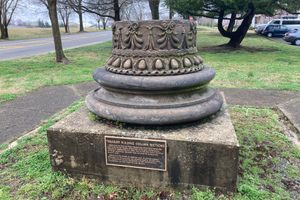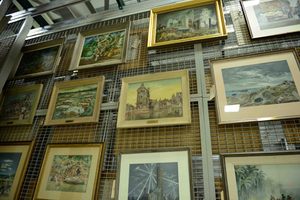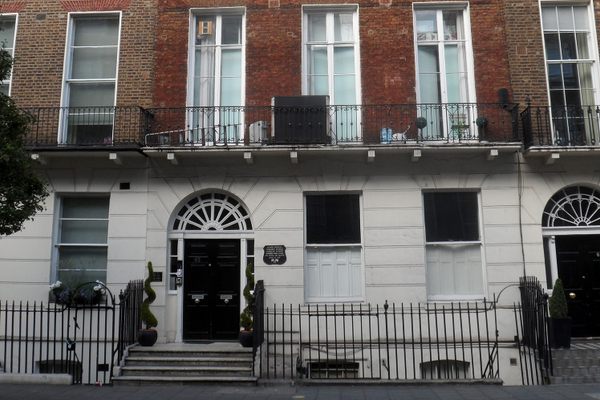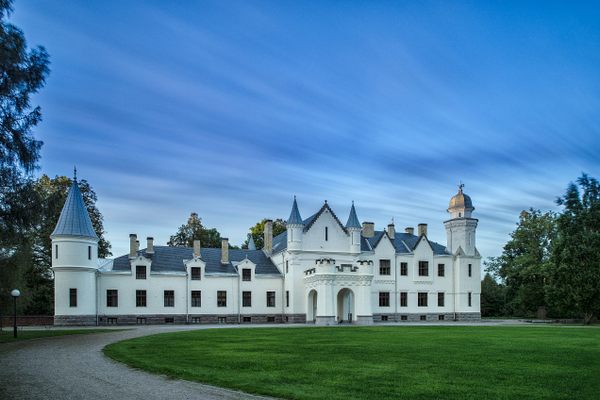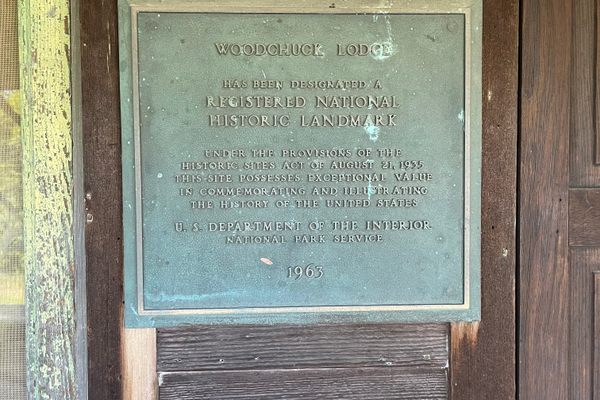About
George Mason was a semi-retired farmer who rarely left Virginia or got involved in politics. But Mason had become fed up with the political landscape in the colonies. Mason blazed his own trail in the formation of our government and refused to sign the Constitution. He felt it lacked assurances of individual freedom. The document he eventually created for his home state, the Virginia Declaration of Rules, became the framework for the Bill of Rights. Thanks to his stubbornness, the individual rights guaranteed to American citizens have become a model for democracies around the world.
His home was known as Gunston Hall, a National Historic Landmark about 20 miles outside of Washington, D.C. Like his journey from English gentleman to patriot, Mason’s home is an edifice that cannot be easily labeled. A four-year construction project, the modest Georgian-style facade gives no hint to the exquisite craftsmanship inside.
In his political life, Mason was known for an uncanny ability to master details. That skill flowed seamlessly from professional dealings, to the construction of his home. For example, Mason had strict guidelines about the sand used to make the mortar. He checked the seasoning of the timbers and the cut of the mason stones used for corners of the building.
There were two sides to Mason, the statesman and the private farmer. Gunston Hall reflects these two lifestyles. The Palladian Room was used to entertain guests and was a sign of status. The Chinese Room was equally impressive. It was the site of meals that began at 2 p.m. and included three significant courses, while the afternoon sun drenched the canary-colored walls. The seven bedrooms upstairs could be described as simple, yet functional.
Despite making 136 speeches at the 1787 Constitutional Convention about omissions to the Constitution he felt were essential, he was condemned by Constitutional supporters as a bitter old man. Rebuffed and angry, he found refuge at Gunston Hall among his family.
Gunston Hall’s impressive qualities are not confined to the house. Its 550-acres of overall stillness, broken only by the delicate sound of birds and ample walking paths add to its appeal. Sitting behind the house on a high back bench overlooking the Potomac River, visitors can reflect on Mason’s efforts for the greater good.
Related Tags
Know Before You Go
Gunston Hall is open every day except Thanksgiving, Christmas, and New Year’s Day. Guided tours occur from 9:30 a.m.-4:30 p.m. The grounds close at 6 p.m.
Published
January 20, 2021






























